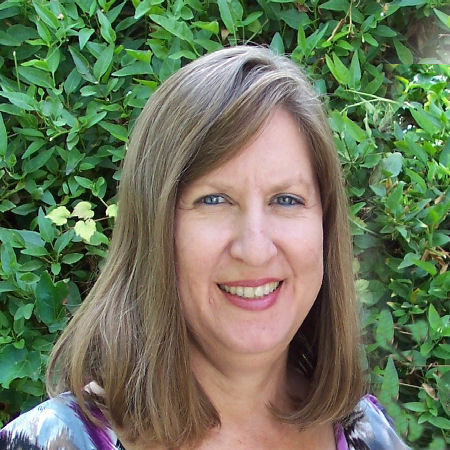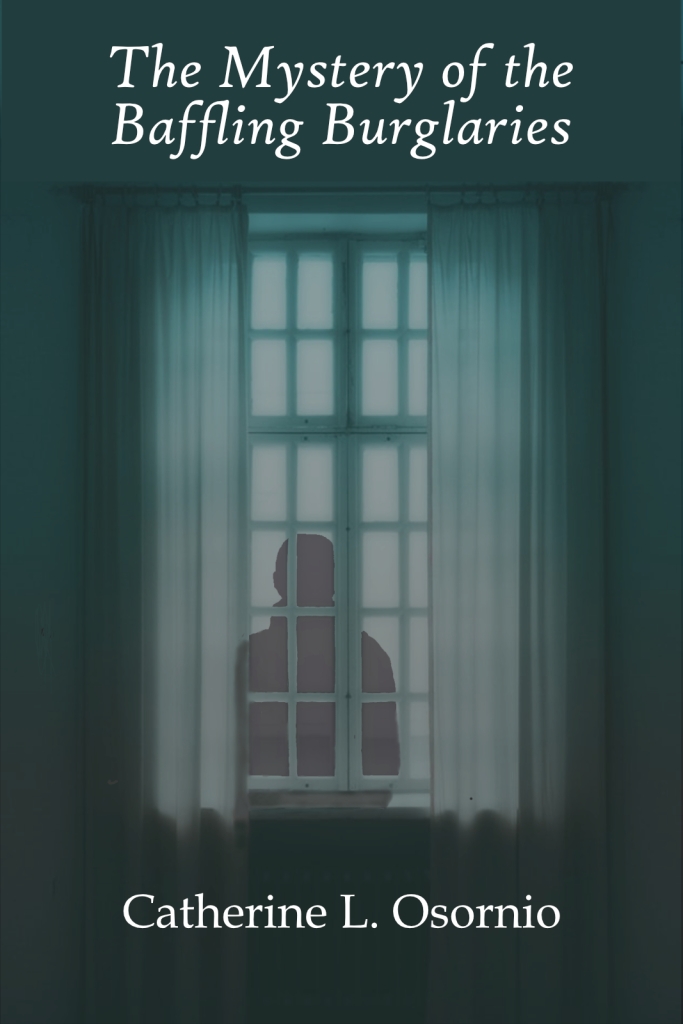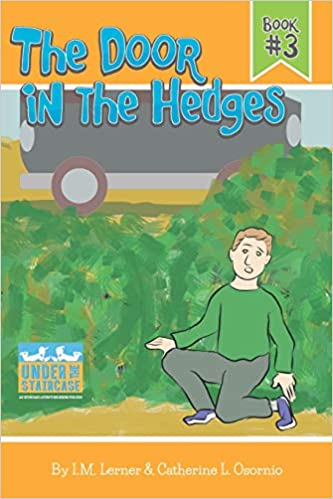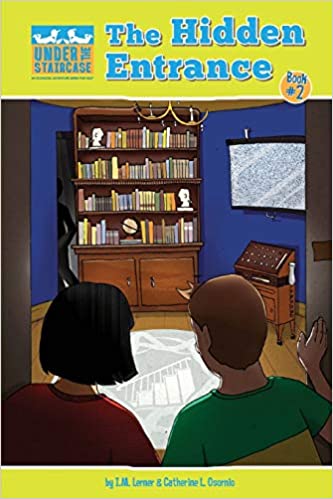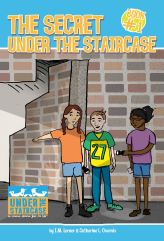My proposal is in the mail – finally! Don’t get me wrong. I met my deadline, but I’m glad I’m finished. It was a long hard road to put everything together.
I now need to look back and reflect on my process. I need to evaluate, in the stages and deadlines I set, where there is room for improvement. What parts were easy? In what areas did I struggle? Was there enough time for research?
The hardest part for me was realizing I had spent too much time researching the body of the manuscript. I was required to present two sample chapters with an outline and a marketing analysis. I chose to use the first two points of my outline as samples. Since they were introductory chapters to the main topic, I could have bypassed much of my research and concentrated on those two specific points. My hard work was not totally wasted since the information was vital in presenting a thorough outline, but I should have managed my time better.
Although I gave myself three months to prepare the proposal, I should have considered how busy I would be during that time. The first two months were in the midst of my kids’ summer vacation. Days that I needed to tackle some serious research were spent on activities with my kids. I would not have traded my time with my children, but I should have allowed a few extra weeks to compensate for my shorter study days.
By the last month I was in crunch-mode. There was no time for goofing off. I needed to work harder and stick to my schedule. Thankfully the kids were back in school, leaving me a few solid hours to work. I was tempted to ask for a week or so extension, but then I decided against it. I want my publisher to know I can keep on track with my projects.
It’s good to know I can work well under pressure. But next time I will seriously look at all aspects (scheduling, difficulty of subject matter, and time management) before I commit to a set proposal deadline.
Filed under: 5584 | 1 Comment »


